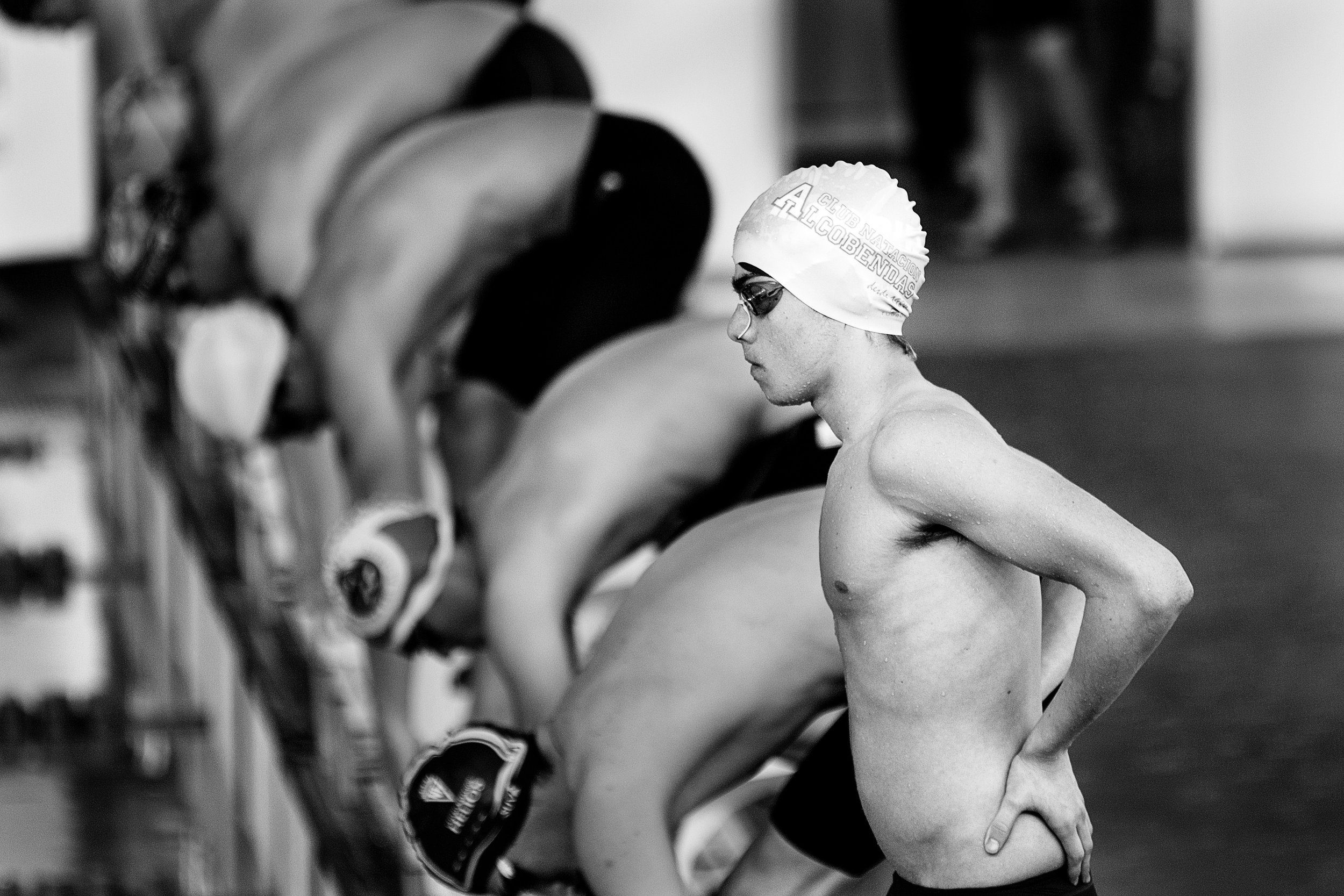Taper is one of the most loaded concepts in swimming vernacular. At mere mention, the word conjures complicated emotions and visions of wizardry.
What is tapering?
Simply put, tapering is the process undertaken by athletes to systematically decrease workload while managing fatigue to maximize performance at a specific time (simple, right). We hope to demystify the process in today's post and dispel some common misconceptions. Let’s begin and examine some practical considerations for parents of tapering swimmers.
Bouncing off the Walls
On account of decreased workload, your swimmer is likely to have extra energy during taper. Don’t worry; this is typically a good thing. Extra energy can signify that the athlete is ready to race at peak performance. However, you might need to be careful managing that extra energy. Outside of swimming, now is not the time to take advantage and load on extra yard work. Don’t crash the gym for extra pick-up basketball or an increased weight-lifting load- save that energy for your race(s). Taper, especially in the last week, is a time to relax on the couch, legs up.
Taper is a Science, but also an Art, and indeed NOT Magic.
Based on the science of super-compensation, there is no doubt the theory of tapering is firmly planted in the scientific world. However, when pressed for an answer on how to design a taper, many elite coaches will steer the discussion towards the work that proceeded the taper rather than the composition of the taper itself. Their sentiment is illustrative - no taper will correct for the lack of systematic preparation, determination and hard work. There is a lot of variance in types and lengths of taper and coaches must wade through some trial and error to find what works best for each athlete.
Nothing Happens in a Vacuum
Many factors effect your swimmer’s performance, and timing of the rest cycle (taper) is just one of them. Maximizing athletic performance is a complicated stew, and life outside the pool can be more impactful than many swim parents realize. As athlete’s mature they learn to manage an array of outside factors which can influence their results. Racing can be affected by myriad factors: stress, school work, relationships, phys. ed class, diet, mental preparedness, sleep, anxiety, body composition… the list goes on. Thus, when concluding whether your swimmer was tapered “properly”, please remember that many factors play a role.
Taper is Individual
While some broad agreements exist in the literature about tapering, opinions and research can veer wildly from the median. The truth is, the effectiveness of a specific taper is highly individualized. For example, a particular swimmer may optimize their performance with a 10-day rest, while another may need more- successful rest cycles can vary from as little as 3 days to over 21 days. Thus, there is a significant amount of trial and error coaches must undertake to find what works best for each swimmer. This variance is further complicated because a swimme’ needs evolve as they mature and their bodies change. It’s a nightmare to plan for, but a rest cycle that worked for a swimmer when they were 14 may not work as well when they are 18.
Don’t blame it on the Taper/ “Hitting the Taper”
The most common explanation for performance (good and bad) among swim parents is the “quality” of the taper. Great performance is seen as a result of a well planned rest cycle and weak performance is explained away as a “missed taper”. The concept of “Hitting a Taper” is a broad over-simplification. One might imagine that a coach must hit the perfect date with scientific precision to maximize performance, like an archer hitting a bullseye. A better analogy, however, would be opening a window. The window for peak performance after a rest cycle can be much longer than one might imagine. Some research suggests that this window could be open for more than two weeks- potentially even longer with clever maintenance.
Now, the most crucial point of all …
*Doubt is the Enemy of Performance*
When experienced coaches are asked what type of degree would be most impactful for a career in swim coaching, the most common answer I have personally received is psychology. Experienced coaches know, preparing to perform is part physical and part mental.
When a swimmer believes they have adequately prepared and they KNOW they are relying on a season’s worth of good work, they can stand on the block and confidently approach the race with an open heart. However, doubt can be challenging to overcome when it overshadows this confidence. Doubts, regrettably, can be inserted by well-intentioned swim parents. Suppose a parent reviews a swim or session (during a competition) with their swimmer. In that case, they should be careful not to question the swimmer’s training, preparedness, or composition of the taper - those doubts can define your swimmer’s approach. If your swimmer is overcome with doubt, they are unlikely to perform to their potential.
Thanks for taking the time to read and share our posts- we hope you enjoy- if you would like to see a specific topic covered or want to discuss one of our posts, please feel free to contact me jeff@techniqgroup.com.
Cheers,
Jeff Gross
Founder, techniqgroup.com



